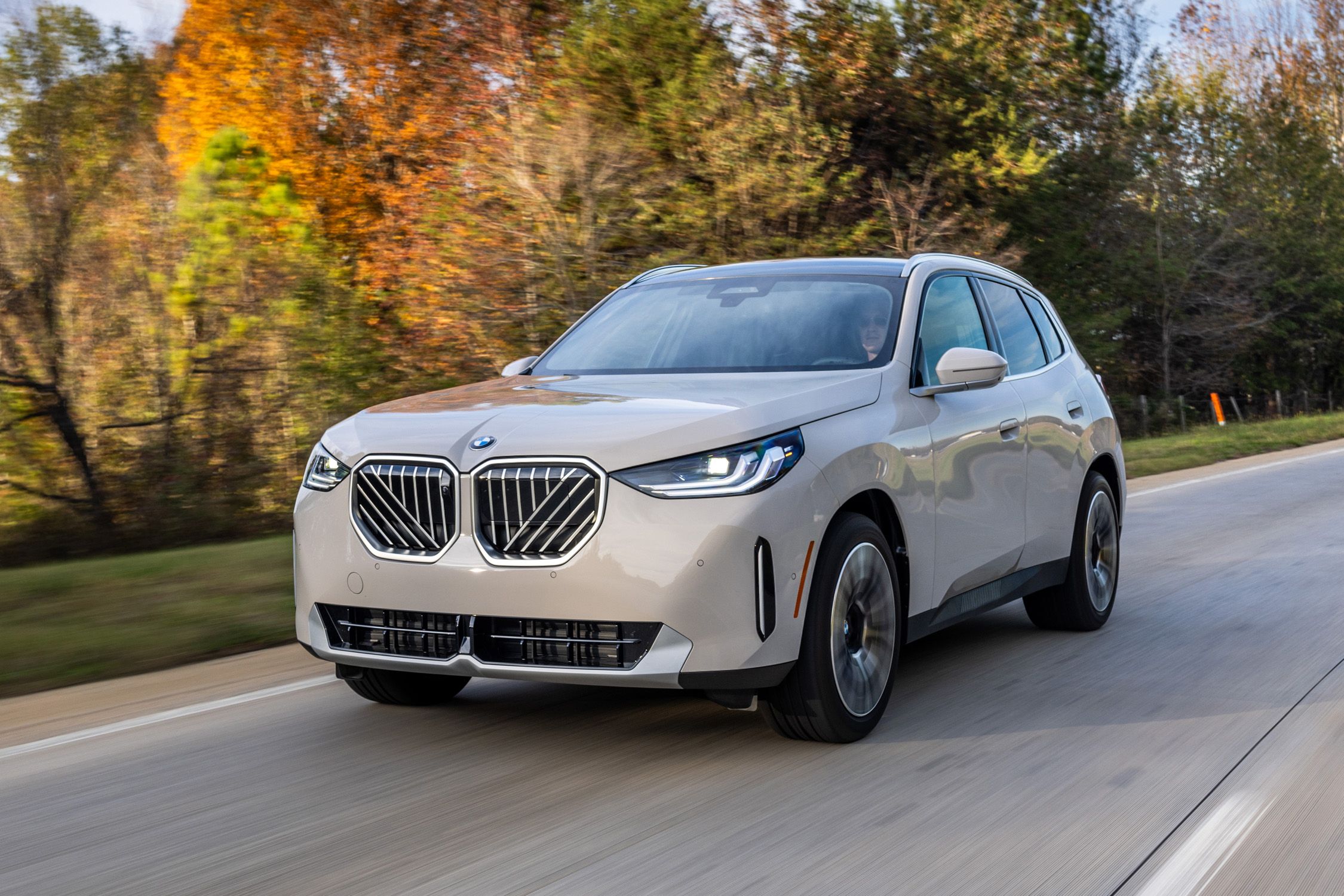Rideshare Insurance Requirements for Uber/Lyft Drivers in NYC
Understanding New York City’s Unique Insurance Landscape
New York City imposes stringent insurance regulations on rideshare drivers due to its Taxi and Limousine Commission (TLC) oversight. Unlike other states, all Uber and Lyft drivers operating in NYC must obtain TLC insurance—a specialized commercial auto policy that meets higher liability minimums than standard personal coverage. This requirement applies the moment a driver receives their TLC license plate, regardless of whether they’re actively transporting passengers or logged into the app.
TLC Insurance Requirements: Mandatory Minimums
TLC regulations stipulate that drivers must carry:
- $100,000/$300,000/$25,000 Liability Coverage:
- $100,000 bodily injury per person
- $300,000 bodily injury per accident
- $25,000 property damage per accident
- $50,000/$100,000 No-Fault (PIP) Coverage:
- Higher PIP limits than standard NY no-fault requirements due to increased passenger exposure.
- $200,000/$500,000 Supplementary Uninsured/Underinsured Motorist (SUM) Coverage
- Contingent Comprehensive and Collision: Optional but highly recommended for vehicle protection.
Uber and Lyft provide additional coverage when drivers are matched with a rider, but gaps exist during “app-on” periods (e.g., waiting for ride requests). TLC insurance fills these gaps 24/7.
The Four Coverage Phases for Rideshare Drivers
Insurance responsibilities shift depending on the driver’s status:
-
Period 0: App Off
- Personal auto insurance applies.
- Most standard policies exclude rideshare activity.
- Solution: Ensure your insurer knows you drive for Uber/Lyft or purchase a rideshare endorsement.
-
Period 1: App On, No Match (Waiting for a ride request)
- Uber/Lyft provide:
- Third-party liability ($100,000/$300,000/$25,000)
- PIP ($50,000/$100,000)
- Gap: No collision/comprehensive coverage. If your car is damaged, TLC insurance must cover repairs.
- Uber/Lyft provide:
-
Period 2: En Route to Pickup (Matched with rider, driving to location)
- Uber/Lyft increase liability to $100,000/$300,000/$50,000.
- Contingent collision ($2,500 deductible) and comprehensive ($1,000 deductible) apply.
-
Period 3: Passenger in Vehicle
- Uber/Lyft liability jumps to $1.5 million.
- Collision/comprehensive remain contingent on personal/TLC policy deductibles.
Critical Note: Uber/Lyft’s coverage is contingent on the driver having active personal or TLC insurance.
Rideshare Endorsements vs. TLC Commercial Policies
Most NYC drivers fall into two categories:
1. Traditional TLC Insurance
- Sold by TLC-authorized insurers (e.g., Ameri-Trust, Gotham, Great Midwest).
- Covers all four periods.
- Premium: $250–$600/month, depending on driving history and vehicle type.
2. Rideshare Endorsements
- Offered by private insurers (e.g., Erie Insurance in NY) as add-ons to personal policies.
- Typically covers Periods 0 and 1, which Uber/Lyft leave exposed.
- Cost: $10–$30/month extra.
- Caveat: Must still carry a TLC policy if your car has TLC plates.
Cost Factors and How to Save
NYC’s TLC insurance premiums are among the nation’s highest due to:
- High-Risk Classification: Commercial policies assume 12-hour driving days.
- TLC Surcharge: $1.50 per ride funds Black Car Fund, providing workers’ comp and injury protection.
- Vehicle Type: Hybrids/EVs often qualify for discounts.
- Driving History: Violations (especially moving) can double premiums.
Money-Saving Tips:
- Bundle TLC insurance with livery liability.
- Maintain a clean driving record.
- Choose higher deductibles if financially feasible.
Legal Penalties for Non-Compliance
Driving without valid TLC insurance in NYC carries severe consequences:
- Fines: Up to $1,500 for first-time offenses.
- TLC License Suspension: Immediate 30–90 day suspension.
- Personal Liability: If uninsured during an accident, drivers face out-of-pocket medical/property damage costs.
Steps to Secure Coverage
- Obtain TLC Plates/License: Required before applying for TLC insurance.
- Compare Quotes: Use TLC-licensed brokers (e.g., A-Max, BlackCar) for tailored policies.
- Documentation: Insurers require TLC/FHV license, vehicle registration, and prior insurance history.
- Continuous Reporting: Notify your insurer of any changes (e.g., vehicle swaps, address updates).
Personal Auto Insurance Pitfalls
Standard personal auto policies in NY almost universally exclude rideshare activities. Driving for Uber/Lyft without disclosing it to your insurer may result in:
- Policy cancellations.
- Denied claims for accidents during any app-related period.
- Fraud charges for misrepresenting vehicle use.
Key Maintenance Tips for Compliance
- Renewals: Submit proof of insurance to TLC 10 days before expiration.
- Record-Keeping: Archive insurance documents for audits.
- Lyft/Uber Uploads: Use the driver dashboard to instantly share policy updates.
